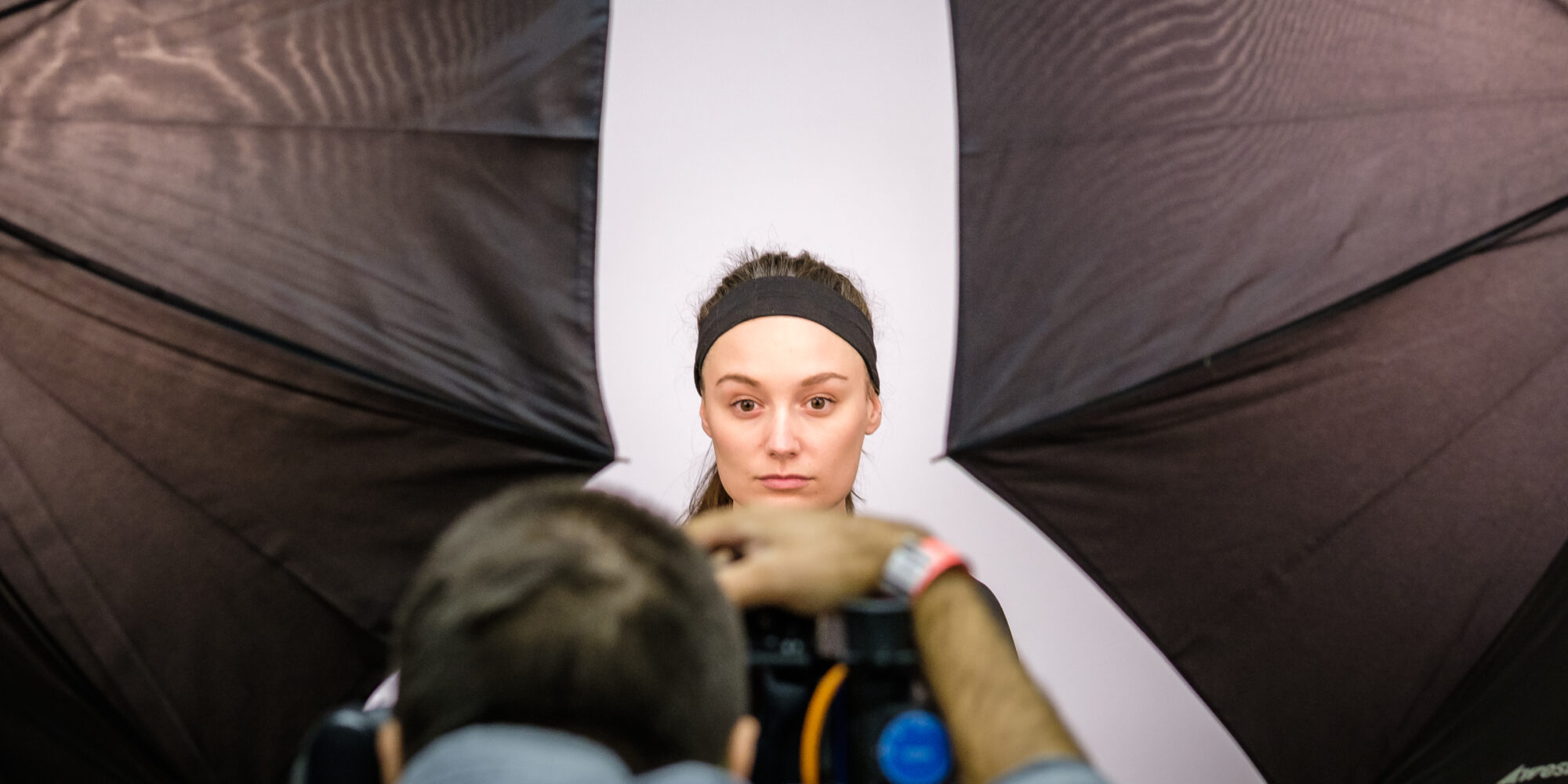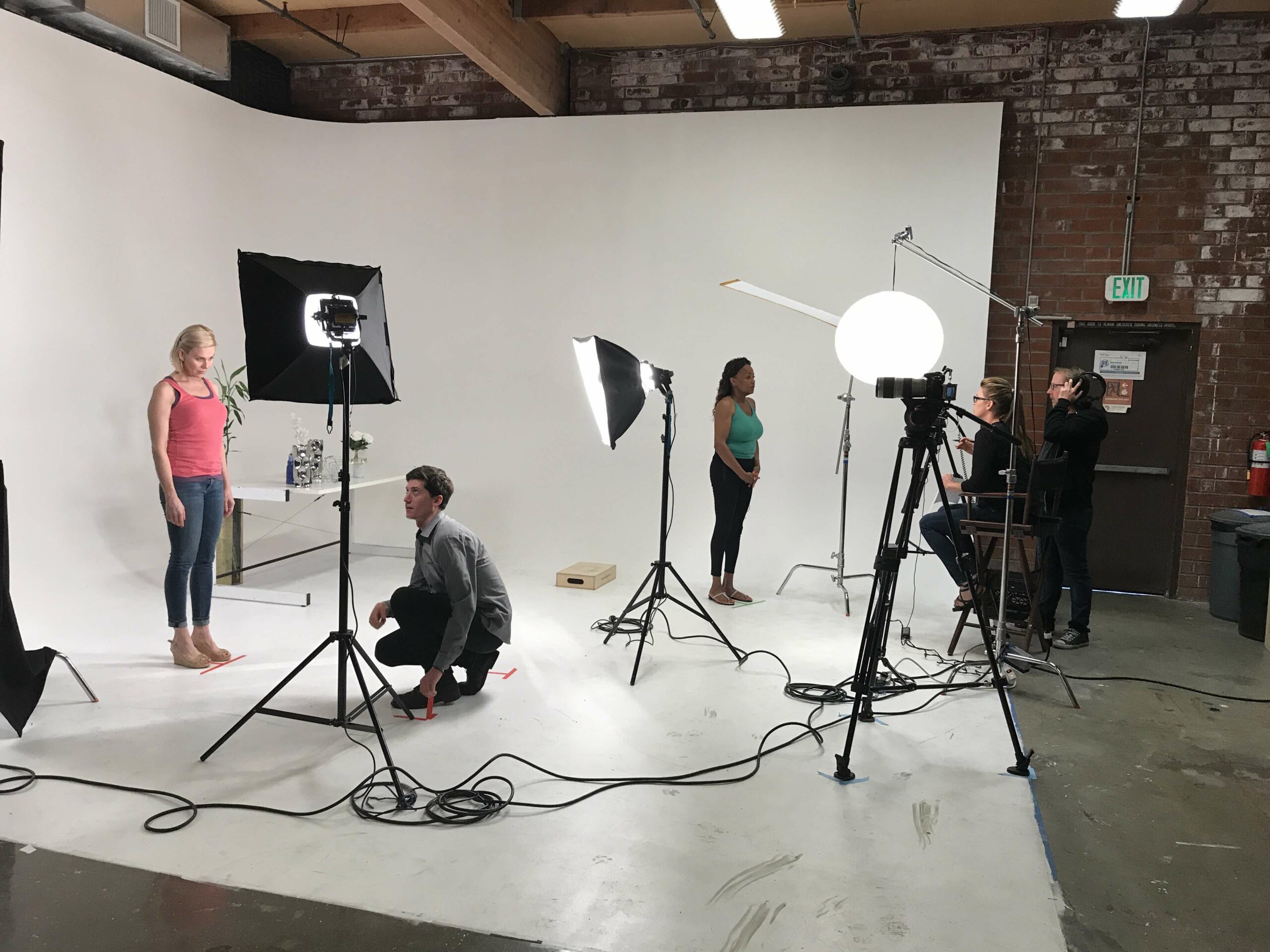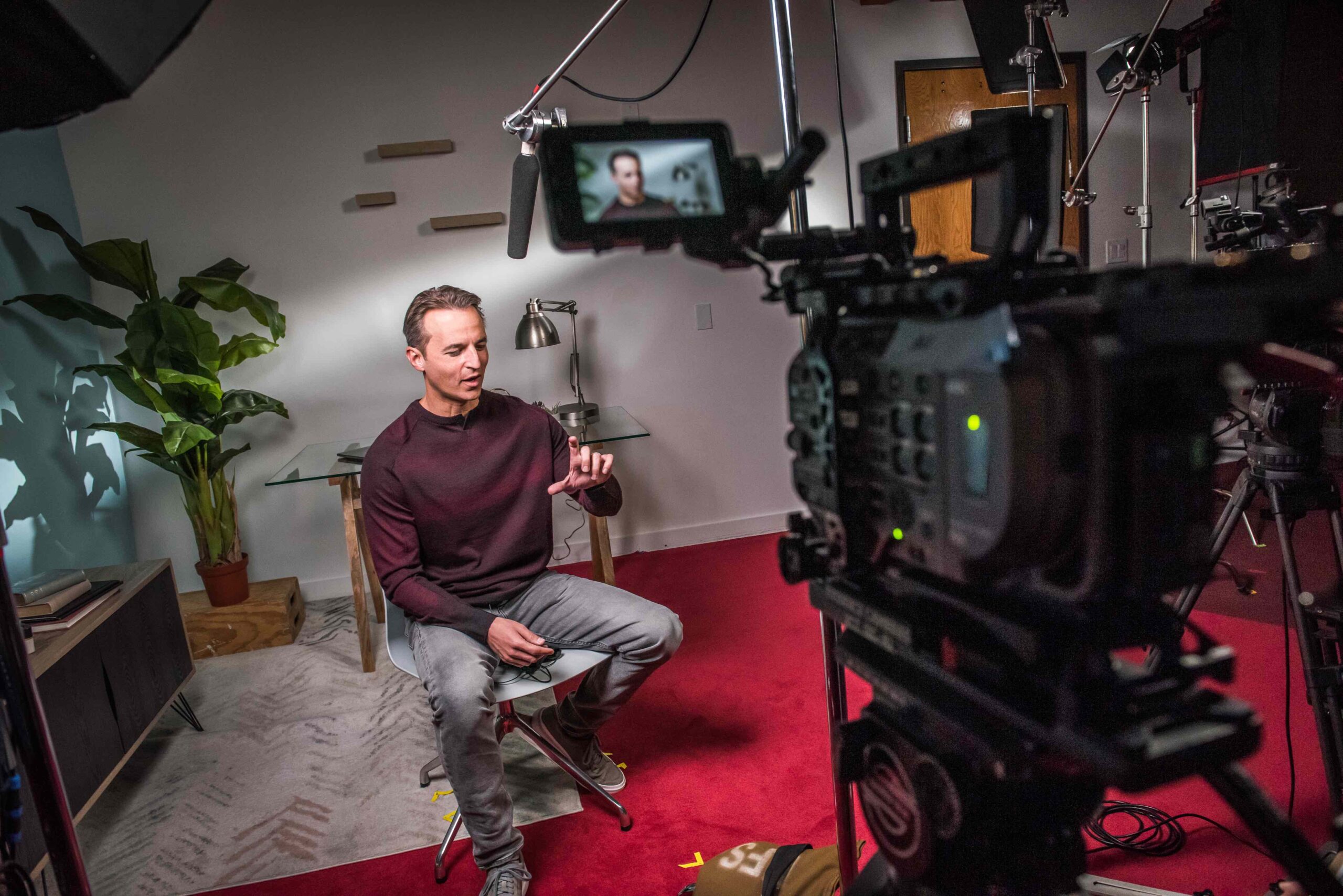
Media Lab Science Brings Clinical Testing Into The Social Media Age
A longtime beauty brand consultant, Ameann DeJohn was frequently frustrated by the difficulties of translating product testing into real-life content that consumers could understand to inform their purchasing behavior. “Video production was done by people that weren’t even in the industry. You would have a director behind the chair who didn’t know the difference between a serum and moisturizer,” she says. “I started to create my own surveys and consumer perception studies, and doing video testimonials and before-and-after photos, and using them with clients.”
About a year and a half ago, DeJohn, also CEO and co-founder of Clarisma Beauty, connected with Allergisa, a Brazilian product safety testing specialist and partner to International Research Services Inc. (IRSI), a clinical research firm in Port Chester, N.Y. She presented Allergisa with the idea of combining clinical testing with a content studio to render product testing relevant for the social media age—and the company was sold on it. In September last year, Allergisa, IRSI and DeJohn formed Media Lab Science, a social content and clinical testing concept based in Studio City, Calif. Along with DeJohn, Steven Schwartz, president of IRSI, and Lucas Guerra, research director at Allergisa, are on its team.

“It’s become really important to prove your products work. The only way to prove they work is to do testing, but the numbers are just not enough anymore,” says DeJohn. “You have to show photos and videos, and put it on your social and digital, and there has to be people talking about it because we are in a content world. We need to see people like us, not just models, but aspirational rather than I would never look like that.”
Through Media Lab Science, brands can access an array of services, including expert skin grading in which experts assess consumers’ skin at the beginning and end of a trial period to demonstrate a product’s results, instrument analysis to substantiate claims with laboratory evaluations, and consumer perception and video testimonial interviews for marketing use. DeJohn believes Media Lab Science is the only company permitting brands to select the people for consumer perception studies that will go on to be spotlighted by brands in content. She says, “We are so fortunate to be in LA. Not only can I recruit for all ethnicities and skin colors, but I can recruit in multiple languages.”
“It’s one thing to see the claim, but it’s another thing for someone to say, ‘Look at my lashes, skin or hair and how great they look.’”
DeJohn details that, for consumer perception studies with 30 participants, Media Lab Science generally charges $15,000 to $25,000 per day, but prices can escalate with video production demands such as wardrobe. She explains, “Where the brand gets their most value is the people that are recruited to be on camera. I think the whole Hollywood production is pretty badass. The brand gets rights to all of that.” She adds, “With the participants talking about the product, I can help guide them through that process. I can get them to say things in a way that they are allowed to be said.”
DeJohn points out areas of growth in clinical testing involve validating skincare products’ results combatting the impacts of pollution and high-energy visible light on the skin, and haircare products’ abilities to thicken and strengthen hair. Testing to underpin multifunctional product claims is on the rise as well. “Brands have had something for spots, something for lines, and something for hydration, but, when you put them all together, it’s hard to make them work for all,” she says. For proper testing of multifunctional products, she advises brands to hunt for consumers that have the range of issues the products are addressing.

DeJohn recommends brands initiate clinical testing and the generation of related content prior to launching. “When products launch, they are putting the claims right on the package. Then, they have pictures on shelf with the before-and-afters, whether it’s at Ulta or Sephora or elsewhere, and they are turning the before-and-afters into YouTube videos, and content on Instagram Stories and Reels. Those brands are killing it,” she says, emphasizing, “I think video is going to be one of the biggest drivers of support to your clinical claims. It’s one thing to see the claim, but it’s another thing for someone to say, ‘Look at my lashes, skin or hair and how great they look.’”
Since it kicked off in September last year, DeJohn describes Media Lab Science’s business as “crazy.” “We work with the largest global brands in the world to the smallest startups,” she says. “I thought we would be busy, but I never expected us to be this busy.”





Leave a Reply
You must be logged in to post a comment.